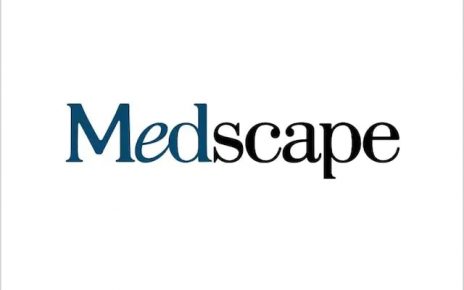Cleveland Clinic has launched an innovative study exploring the link between epilepsy and stress, supported by a $5.5 million donation from the Charles L. Shor Foundation. The five-year clinical trial is the first of its kind to study and compare the effect of lifestyle interventions, such as yoga, music therapy and cognitive behavioral therapy, on seizure control.
The research team will study the impact on seizure frequency as well as epilepsy-associated co-morbidities, such as depression, anxiety, cognitive function and quality of life. The team will follow 1,000 patients with difficult-to-treat epilepsy.
Imad Najm, M.D., will lead the study. Dr. Najm is director of The Charles Shor Epilepsy Center and vice chair of Strategy and Development at Cleveland Clinic Neurological Institute.
The funding is part of a $15.5 million gift to Cleveland Clinic Neurological Institute announced last year from Charles Shor, a Cincinnati businessman and philanthropist, who was diagnosed with epilepsy in his 20s and had his first seizure at age 25.
Over 3 million people in the United States are living with epilepsy. Despite decades of research, there remain barriers to progress. Current treatments are effective in controlling seizures in only 46% of adults. Stress has been identified as a major risk factor for seizure recurrence and decreased memory function in epilepsy patients. A disproportionate number of patients with epilepsy suffer from faster decline in their memory function as compared to age-matched controls.
Almost one third of people with epilepsy have recurrent seizures despite the use of multiple anti-seizure medications. In addition, epilepsy patients often have cognitive deficits as well as psychosocial and psychiatric issues that impact daily functioning and quality of life, including increased levels of stress. Our study objective is to think of complementary non-pharmacologic interventions to the standard anti-seizure medications to determine if stress relief can potentially reduce seizures and ultimately improve and prevent memory decline."
Imad Najm, M.D., Director of The Charles Shor Epilepsy Center and Vice-Chair of Strategy and Development, Cleveland Clinic Neurological Institute
The primary goal of the study is to explore the effect of behavioral and wellness–based interventions on seizure frequency in adults with a confirmed diagnosis of epilepsy. Additionally, the team aims to look at the impact these non-pharmacologic interventions may have on patients' overall stress levels by measuring changes to patients' cognitive function, mood (such as depression and anxiety) and quality of life.
Researchers will measure the effects of yoga, music therapy and cognitive behavioral therapy interventions using seizure diaries, cognitive assessments, and health and quality of life questionnaires.
In addition to epilepsy research, Shor's donation supports the future neurological building planned for Cleveland Clinic's main campus. In honor of his generosity, Cleveland Clinic named the epilepsy center "The Charles Shor Epilepsy Center."
"Cleveland Clinic's vision for the future of neurological care is inspiring and gives me hope," Shor said. "Neurological conditions, and specifically epilepsy, affect so many people in the prime of their lives. By directing these resources to the extraordinary team of doctors and researchers at Cleveland Clinic, I believe I can help to make a significant difference for people living with these diseases."
Cleveland Clinic
Posted in: Medical Research News | Medical Condition News
Tags: Anxiety, Clinical Trial, Cognitive Behavioral Therapy, Cognitive Function, Coronary Artery Bypass Surgery, Depression, Education, Epilepsy, Frequency, Hospital, Music Therapy, Research, Seizure, Stress, Surgery, Transplant, Yoga
Source: Read Full Article



